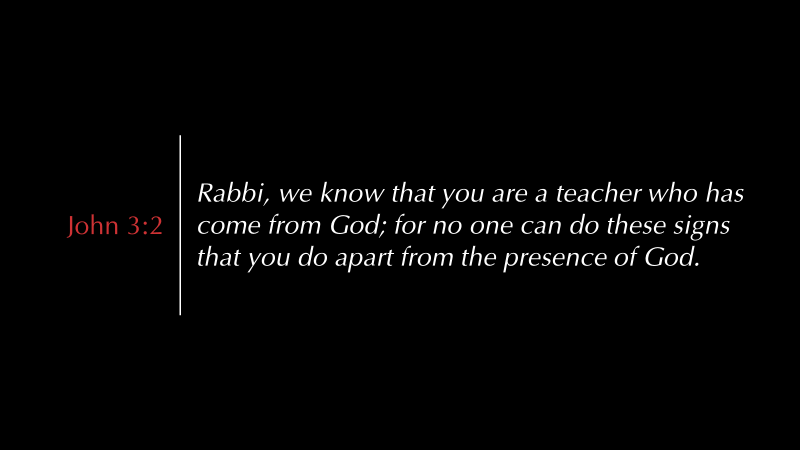Scott AndersonGenesis 12:1-4 † Psalm 121 † Romans 4:1-5, 13-17† John 3:1-17 Have you ever wondered why Nicodemus comes to Jesus at night? What do you suppose could be possible reasons for this? It is a striking detail to include, especially given what he says next: So Nicodemus knows that what is happening has everything to do with the presence and the power of God. It rings with truth. He knows it. Yet he appears to be sneaking around, keeping his identity protected, proceeding with caution, and maybe even a little fear. And did you notice, even though its just him, he says, “We”
0 Comments
Maggie BreenGenesis 12:1-4a † Psalm 121 † Romans 4:1-5, 13-17 † John 3:1-17
After I became a parent I remembered what a midnight knock on the door meant. Someone is scared, confused, needs to be reassured. Someone I care about has questions that are troubling them, needs to talk something out, needs a safe place. Many have said that Nicodemus comes at night because he is important. He is a leader among religious leaders. His role carries authority and speaking to Jesus during the day would not have been the “done thing”. I think that could be true, although frankly I imagine he could have found a way to pull it off if he had really put his mind to it. But even if this explanation carries some truth, it remains the case that to go during the night means that something is really bothering him. Something is unsettling him. He has questions that won’t leave him alone, that visit him when the world is quiet, and that need to find some space to be explored. Nicodemus’ imagination, his sense of what is true is caught by something in Jesus, but who he is - this Jesus - and what he does doesn’t fit, doesn’t align with how Nicodemus has come to expect the world to work. He cannot settle and so he goes knocking on Jesus’ door in the middle of the night. And Jesus lets him in. The question that Nicodemus brings is one that we will witness other’s wrestling with as we make our way through these ancient texts this Lent. As we move with Jesus towards the cross and that Easter dawn, we will be with others as they ask: What is true? What is real? What can I rely upon? Scott Anderson Readings for the Sunday: Isaiah 6:1-8 | Psalm 22: 29 | Romans 8:12-17 | John 3:1-17 There are two kinds of people in the world, I think—those who understand they are beautiful, and those who are beautiful but have not yet figured it out. I’m talking about real beauty here—not the beauty so often defined by our western culture that is apparently accessible only between the ages of 25 and 30, not the surface kind of beauty that is driven by insecurity and the kind of advertising that pedals scarcity and uncertainty. I’m talking real beauty. Deep beauty that knows it’s beautiful. I’m talking about the beauty that I think Jesus is talking about when he tells Nicodemus you must be born again, born from above. I’m talking about the kind of sublime beauty that Isaiah captures in his vision of a Holy God that scares and even shames him, and yet he can’t not follow. He can’t but find strength and courage within himself. I’m talking about a beauty I hope I am beginning to understand, although I may be mistaken. For certain, I have a long way to go. I think I started taking pictures a few years ago as a way of trying to get to this kind of beauty—a training regimen of sorts. There’s something about an image, and, I suspect even more, about training the eye to capture an image that speaks to the kind of beauty I’m trying to talk about and I think Trinity Sunday is trying to name in a way. There’s a photographer called Jimmy Nelson who understands something of this, I think. You may not know the name, but you have probably seen some of his
|
St. Andrew SermonsCategories
All
|


 RSS Feed
RSS Feed